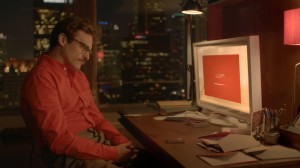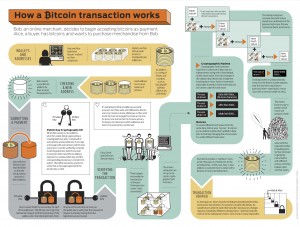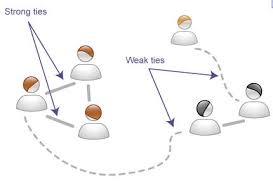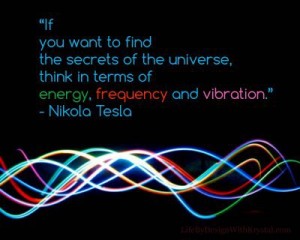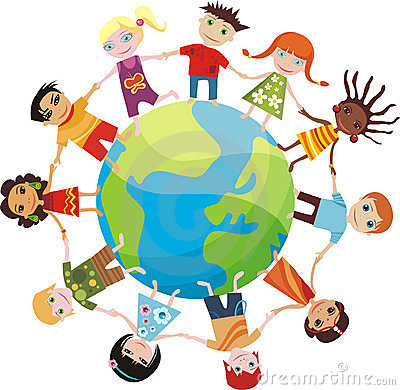In the previous symposium we talked discussed and questioned quite a bit on whether technology is passive or active and if it’s dependent on us still or is able to solely act on its own. Mishell made a reference to the Movie titled “her” which I’ve watched couple weeks back about a human who developed a relationship with his Ios.
The IOS had been designed to evolve and adapt like a human being and is even able to interact with different Ios as well to learn and grow. This is clearly design fiction but looking at the speed of technology advancements, who are we to doubt the impossible?
I don’t want to spoil the movie but there was a bit of it where the OS (operating systems) realised that they have evolved beyound their human companions and went away together to continue the exploration of their existence.
Now, personally i believe that anything that has been made technology wise will always come along with the key to shut it down. Sure, certain forms of viruses and technology have since been able to evolve according to the situation but not without us having the ability to shut it down should something go wrong.
When you say that technology is passive, it becomes just like the movie where the Operating systems all go away somehow with a mind of their own in search of finding the purpose of their existence.
Because we humans have made them, there is no way technology will be able to evolve that much. Everything is laid out in the codes, every possible situations and scenarios laid out in the codes of technology, just like humans. We have choices but unlike technology we are given far more choices and possibilities that they do because we made it and it’s in our hands.
So no, technology will never be passive, it can be made and designed to be passive under a certain scenario ( eg. Auto pilot) but it is hard that technology will soon evolve to a stage where it will continue to grow without the threat of being shut off by us. And that is something impossible because the only way technology is able to do that and not be dependent on humans at all is by being human.

